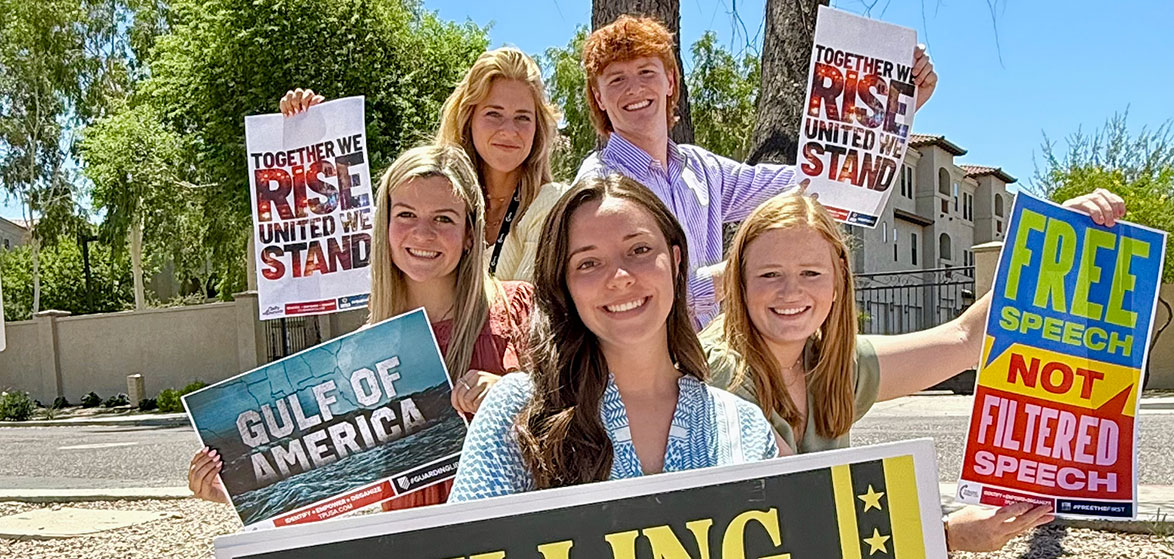
Texas Governor Greg Abbott ordered the installation of a floating buoy barrier in the Rio Grande River on Friday to deter illegal migrant crossings. The section of the Rio Grande in Eagle Pass, Texas where the buoys are being installed, is a hotbed for illegal migrant crossings. It is also one of the most dangerous places to attempt to cross.
Hundreds of people have died attempting to swim across the quick-moving river. The Governor believes the buoys will act as a deterrent for those hoping to cross illegally into the U.S. from Mexico and prevent loss of life. Southern states saw a record number of migrant deaths just last year, many of which were caused by the strong currents on the Rio Grande.
“It seems like it’s a slow moving river, but it’s fairly swift. It is very deceptive, very dangerous. It’s basically a drowning a day that you’re seeing.”
Manuel Mello, fire chief in Eagle Pass, Texas — TPUSA Live Feed
The 4-foot-wide buoys, that spin when grabbed, stretch across a 1,000-foot section of the river and cost about $1 million dollars.
Migrant activists fear that the buoys will create a greater risk to those attempting to swim across who will encounter a large floating barricade in their way. Despite this, the Texas Governor feels that the buoys are the best way to prevent individuals from attempting to cross at all. According to the New York Post, Border Patrol agents consider rescue attempts in the river so dangerous that “agents are not authorized to jump in if they see a person drowning in the Rio Grande.” Instead, agents are instructed to call specialized units trained to wade through the strong currents.
Following the Governor’s move to place the buoys on the Rio Grande, a kayak shop owner filed a lawsuit claiming that the barrier will cause “imminent and irreparable harm.” Jessie Fuentes the owner of Epi’s Canoe 7 Kayak Team filed the lawsuit in Austin, Texas claiming that the barrier interferes with his business and ability to provide tours on the river.
The lawsuit also claims that the Governor and Texas Department of Public Safety (DPS), have overstepped their authority in constructing the floating barrier. The suit also references a Supreme Court case that held that immigration law falls under the jurisdiction of the federal government, not individual states.
In response to the lawsuit, Governor Abbott, who has outspokenly advocated for states’ ability to enforce federal immigration law, said that the case will likely go to the Supreme Court. “Texas has a constitutional right to secure our border,” the Governor wrote to Twitter.














